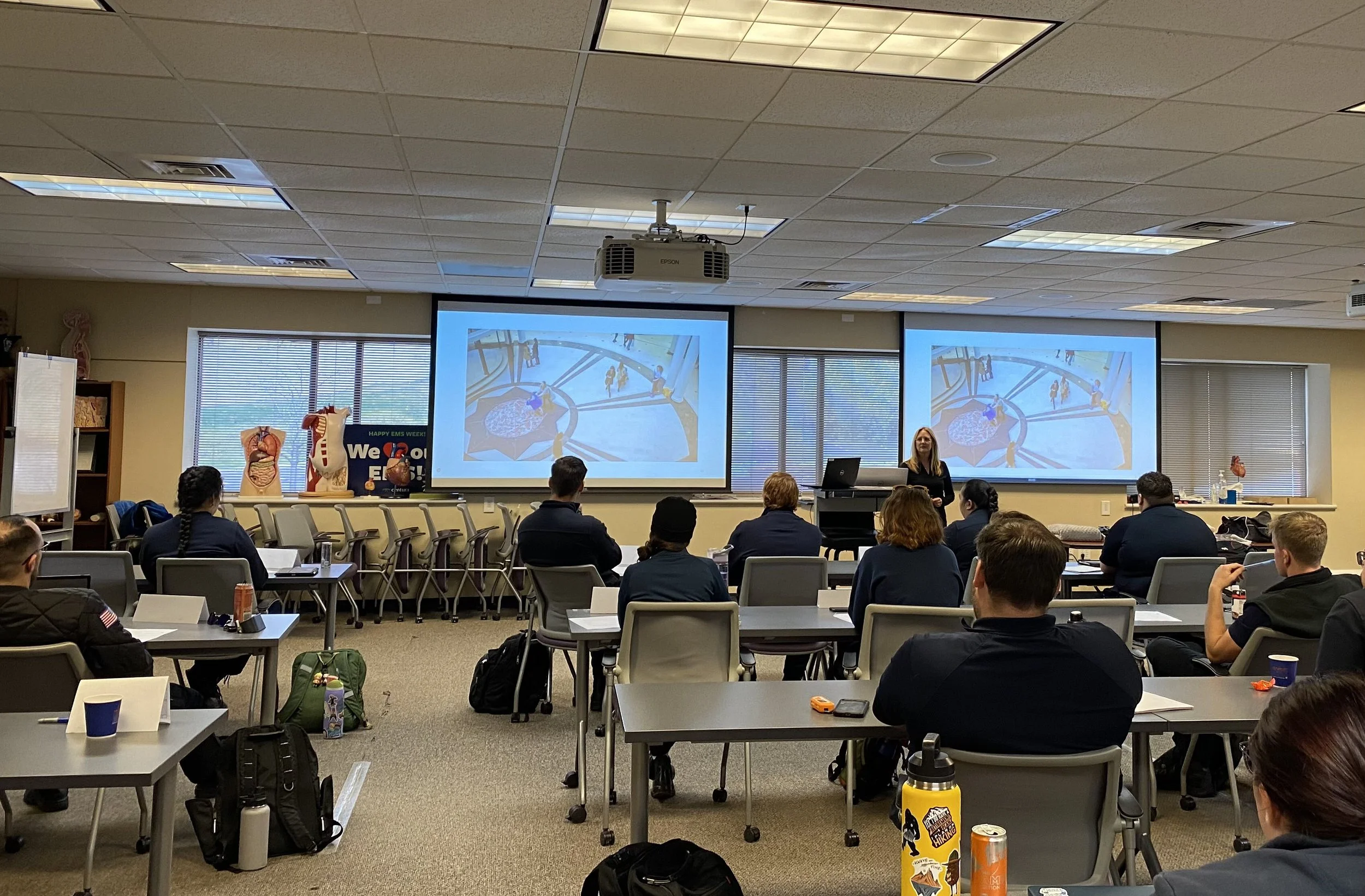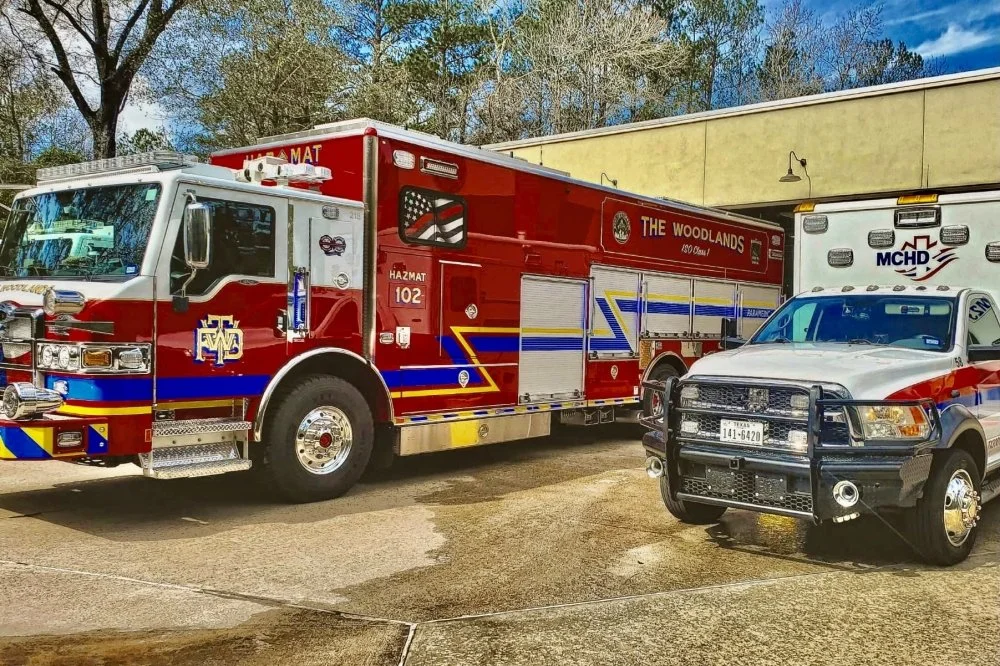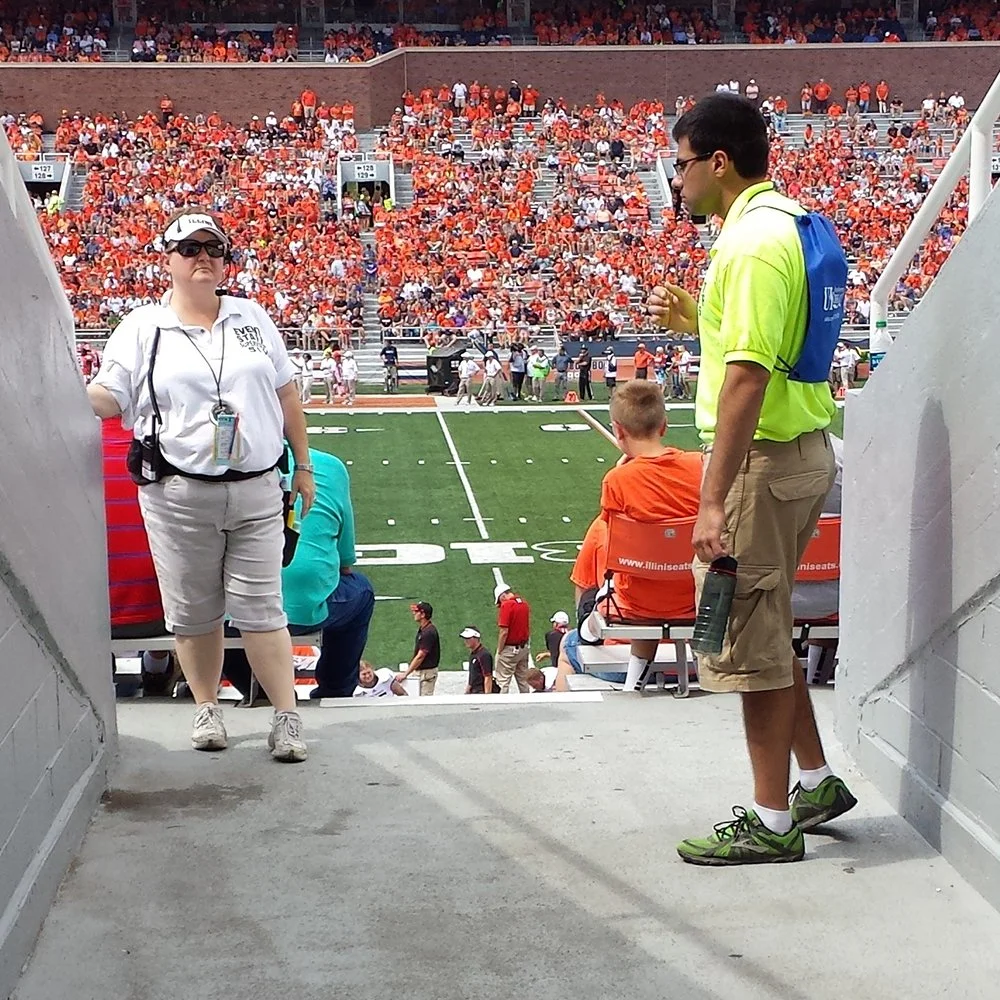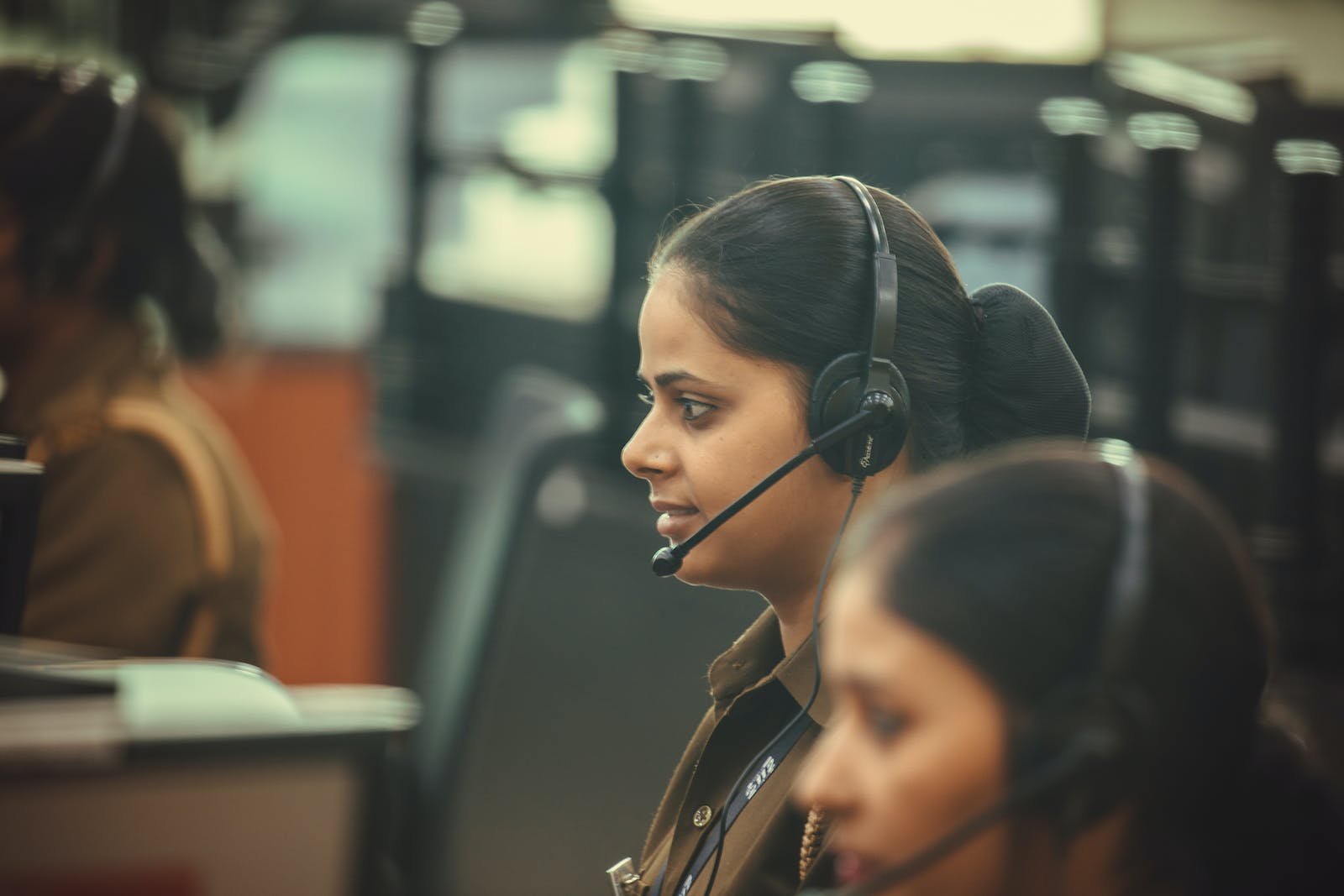
Autism Training Curriculums -
tailored to a variety of audiences
Find yours below
-

Firefighters/EMS
Autism training for firefighters and Emergency Medical Services (EMS) personnel is a vital component of modern emergency response preparedness. This presentation equips them with ‘quick-thinking’ skills to interact effectively with distressed autistic individuals during high-stress situations. ‘Hands-off’ assessments and how to perform an exam are among the strategies covered.
-

Search & Rescue
Training Search and Rescue (SAR) personnel to work with individuals on the autism spectrum is an essential part of their preparation. This presentation equips them with the tools to effectively interact with an individual on the autism spectrum. First and foremost, they will learn where to initiate their search. Strategies for luring out an autistic person, fostering cooperation, and gaining trust are among the many topics discussed.
-

Law Enforcement
Autism training for law enforcement is a critical facet of modern policing. This presentation provides officers with the knowledge and tools required to interact with individuals on the autism spectrum safely, for both parties. Strategies for identifying an autistic person is a key component of the material, as well as how to gain cooperation in a respectful and efficient manner. Also included are tips for taking autistic individuals into custody.
-

Hospitals/Clinics
Autism training for hospital/clinic personnel is becoming increasingly essential in healthcare settings. This presentation equips medical staff with background knowledge and tools needed to provide effective care to individuals on the autism spectrum. They will learn how to conduct ‘hands-off’ pain assessments, attend to those who don’t want to be touched, map out a care plan, and de-escalate adverse situations.
-

Schools
Educating school staff about autism is crucial for fostering inclusive and supportive learning environments. This presentation equips educators and school personnel with the knowledge and strategies needed to understand and accommodate students on the autism spectrum. Topics covered include de-escalating adverse situations, gaining cooperation and trust, calming techniques, and effective speaking mannerisms.
-

Churches
Providing autism training for church staff is becoming more important to create welcoming and inclusive religious communities. This training program provides church leaders and staff with background knowledge and skills to support and engage with individuals with autism. Topics covered include diffusing challenging situations, gaining cooperation and trust, calming strategies, and effective communication techniques.
-

Ski Patrol
Autism training for ski patrol members is an essential component of providing inclusive and safe outdoor experiences. This presentation equips ski patrollers with the tools to gain trust and cooperation when supporting individuals on the autism spectrum. They will learn how to conduct ‘hands-off’ pain assessments, attend to those who don’t want to be touched, and de-escalate adverse situations.
-

Boy Scouts / Girl Scouts Leaders
Providing autism training for Boy Scout and Girl Scout leaders creates inclusive and supportive environments for all young scouts. Leaders will learn how to accommodate and engage with scouts on the autism spectrum. Topics include de-escalating adverse situations, gaining trust and cooperation, and what to do if an autistic scout bolts from a stressful situation or wanders off.
-

Guest Services at Public Facilities
Autism training for Guest Services personnel is a critical component in ensuring that a facility offers inclusive and welcoming experiences to all customers and visitors. This specialized training provides staff the tools to identify individuals on the autism spectrum and interact effectively. Topics include how to de-escalate an adverse situation, gain trust and cooperation, as well as calming techniques.
-

Caregivers
Autism training for caregivers is a vital resource for those providing support to individuals on the autism spectrum. This presentation offers background knowledge and practical strategies to enhance the well-being and quality of life for both caregivers and those they care for. De-escalating adverse situations, calming techniques, and what to do if an autistic person flees or wanders off are among the topics covered.
-

911 Dispatchers
Incorporating autism training into dispatcher education and ongoing professional development is a valuable investment in public safety and community well-being. Topics include speaking mannerisms (tone, speed, response wait time) for an autistic person who initiates a 911 call, as well as how to guide a reporting party (RP) in interacting with an autistic person. General autism awareness is also covered.
-

Dentists/Orthodontists/Oral Surgeons
Providing specialized training for dental professionals, including dentists, orthodontists, and oral surgeons, on treating patients with autism spectrum disorder (ASD) is crucial for ensuring comfortable and effective patient care. Topics include: What can you as an oral practitioner do? How do you gain cooperation? What do you do if a situation becomes overwhelming? How do you recognize signs of distress?
-

General Awareness
General autism awareness involves providing foundational knowledge about autism spectrum disorder (ASD), its characteristics, and how to support an individual with autism respectfully and sensitively. Topics include: What can you as a bystander do if you see a meltdown ensue? How do you gain cooperation? What do you do if a situation escalates?
-

Peer Support
Autism training that focuses on peer support plays a crucial role in fostering inclusive and supportive environments for individuals on the autism spectrum. This training equips peers—such as classmates, co-workers, or community members—with the knowledge and skills needed to communicate effectively, and offer meaningful social and emotional support.
-

Autism Awareness for Teens
Our awareness training for teens is designed to help them understand and support their autistic peers. Through engaging activities and real-life examples, teens learn about communication differences, and ways to be inclusive and respectful. The training encourages empathy, reduces stigma, and empowers teens to be thoughtful allies in their schools and communities.
-

Park Rangers
Autism training for park rangers provides tools to better understand and interact with the autistic community. Rangers learn about sensory sensitivities, communication differences, and how to effectively handle emergencies and incidents involving autistic individuals. The training helps park rangers better meet the needs of the autistic community by fostering understanding and compassionate support.